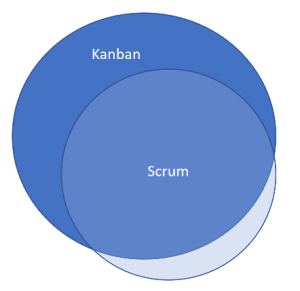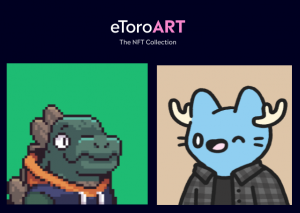
In the age of social networking, you can’t succeed in business (or anything, for that matter) without building an online community. While there are lots of ways to do that, one of the earliest questions you’ll ask yourself is whether you should develop your own platform or go with a hosted solution.
For this post, let’s assume you’ve decided to go with a hosted platform. As I’m sure you’ve noticed, there’s no shortage of hosted options out there. While we have two helpful reports to help you sort through the options (quick & easy or slow & thorough), I want to give you a quick rundown of the basic things to look for when you’re choosing a platform.
- User Interface & Experience – Can the platform be modified to match your brand image? Is the software well constructed and easy to use? Is it easy for members to interact with each other?
- Social Sharing & Content Discoverability – This is vital to growing your community organically. Can members easily share content both inside the platform and out on social networks? Are its forums search engine optimized?
- Gamification/Reputation – Gamification is a proven way to encourage forum activity. Does the platform have mechanisms in place to allow for badges, advancement, and reputation development?
- Registration & Permissions – Who can become a member and how can they do so? What log-in protocols does the platform enforce? Can members be upgraded to administrative status? Can permissions be tailored to specific users?
- Moderation & Administration – What can moderators and administrators do? How does the platform handle spam and abuse? What sort of administrative logging does it include?
- Ideation and Feedback – Does the community platform include a mechanism for posting ideas and polls for voting and feedback?
- Analytics – Keeping track of key metrics is an important part of intentionally growing your online community. What sort of analytics does the platform offer? Does it allow 3rd party integration with services like Google Analytics?
- Integration – In addition to analytics integration, what other 3rd party services does the platform allow? Can it be connected to your business’s CRM software? Does it allow external advertising or other forms of monetization?
- Advanced Configuration – What advanced options does the platform offer? Can you subdivide your community into smaller sub-communities? Will the software allow you to tailor member access to certain areas? Can individual interfaces be localized?
- Performance – Is the platform responsive? Does it work well? How is uptime tracked and assured? How reliable is the platform’s hosting?
- Services and Support – What customer support is the platform willing to offer? Do they provide any support and service beyond simply hosting? Will they provide training on using the software effectively? How will they work with your web development team?
- Data & Security – Who owns the data (posts, user profiles, uploads, etc.)? Can that data be exported? Is there a fee for data export? How often is it backed up? How does the platform handle encryption and data security?
That may seem like a lot, but these are the key questions you want to ask yourself when evaluating any potential community platform. To help you hack through the weeds, we’ve developed a handy checklist that you can check out here.
Digital & Social Articles on Business 2 Community(58)









